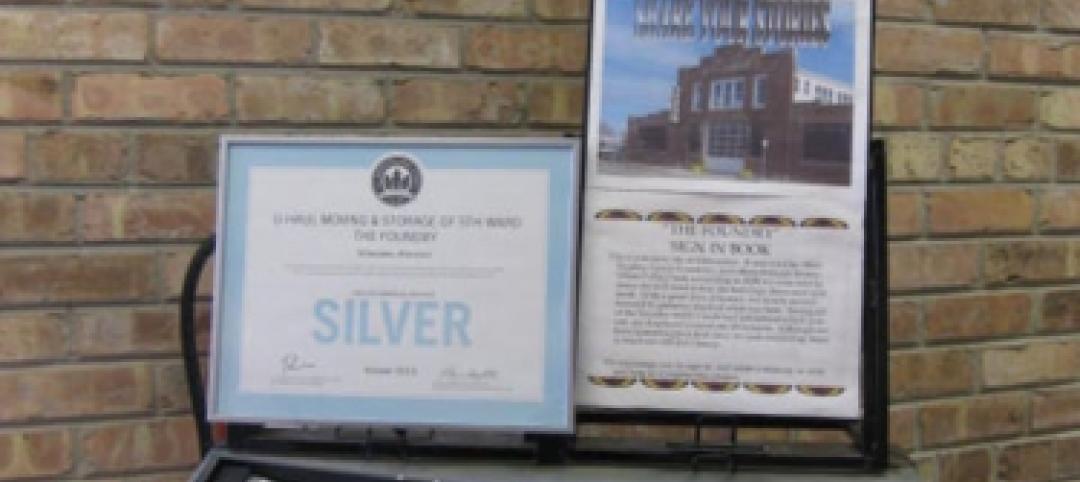National nonresidential construction spending fell 1.2% in July, according to an Associated Builders and Contractors analysis of data published today by the U.S. Census Bureau. On a seasonally adjusted annualized basis, spending totaled $809.1 billion for the month.
Of the 16 nonresidential subcategories, 10 were down on a monthly basis. Private nonresidential spending declined 1.0% while public nonresidential construction spending was down 1.3% in July.
“There are two primary countervailing forces influencing the trajectory of nonresidential construction spending,” said Basu. “The first is a force for good and involves the reopening of the economy and associated rebound in overall economic activity. Despite the lingering pandemic, third quarter GDP growth is likely to be quite strong. All things being equal, this would tend to strengthen business for contractors.
'Next year is shaping up to be an especially harsh one for many contractors, especially as some are already indicating that they are nearing the end of their backlog. The wild card, as is often the case, is Congress.'
“However, the second force at work is not benign and appears to be the stronger of the two,” said Basu. “The crisis has resulted in tighter project financing conditions, battered state and local government finances, substantial commercial vacancy and uncertainty regarding the future of key segments, such as office and lodging. And while backlog was strong at the start of the year, contractors indicate that it is now declining rapidly, in part due to abundant project cancellations.”
“Next year is shaping up to be an especially harsh one for many contractors, especially as some are already indicating that they are nearing the end of their backlog,” said Basu. “The wild card, as is often the case, is Congress. Another stimulus package could go a long way toward improving the trajectory of overall nonresidential construction spending, particularly one with a sizable infrastructure component. The upshot is that declines in nonresidential construction spending are likely even in the context of broader economic recovery.”
Related Stories
| Feb 26, 2012
Milwaukee U-Haul facility receives LEED-CI Silver
The new elements of the facility now include: efficient lighting with day-lighting controls and occupancy sensors, a high-efficiency HVAC system used in conjunction with a newly constructed thermal envelope to help reduce energy consumption, and the installation of low-flow fixtures to reduce water consumption.
| Feb 26, 2012
Hollister Construction awarded 42,000-sf office fit-out in Holtsville, N.Y.
Space leased by U.S. General Service Administration.
| Feb 26, 2012
Alvarez-Glasman & Colvin’s Chen LEED certified
Chen works closely with property owners to ensure that their properties meet and exceed all industry standards, and also provide long-term energy savings.
| Feb 24, 2012
ABI remains positive for three straight months
The AIA reported the January ABI score was 50.9, following a mark of 51.0 in December.
| Feb 24, 2012
Larry Lord joins HDR Architecture as south region science and technology director
A founding partner at Lord, Aeck & Sargent, Lord is nationally renowned for his leadership in architecture for complex projects.
| Feb 24, 2012
Pottorff elevated to principal at Ricci Greene Associates
Pottorff is recognized in the justice field as an expert solely dedicated to the design and planning of courts and urban jails in both the U.S. and Canada.
| Feb 24, 2012
Skanska hires Tingle as senior VP and national director for its Sports Center of Excellence
Tingle has worked in the architecture and construction industries for more than 30 years, and for the last 23 years, he has focused primarily on large-scale sports construction projects
| Feb 23, 2012
Federal budget cuts put major building projects on hold
A plan to build the National Bio and Agro-Defense Facility in Kansas is among several major building projects in jeopardy after the Obama administration’s 2013 budget was unveiled. The budget would cut all construction spending for the facility.
















